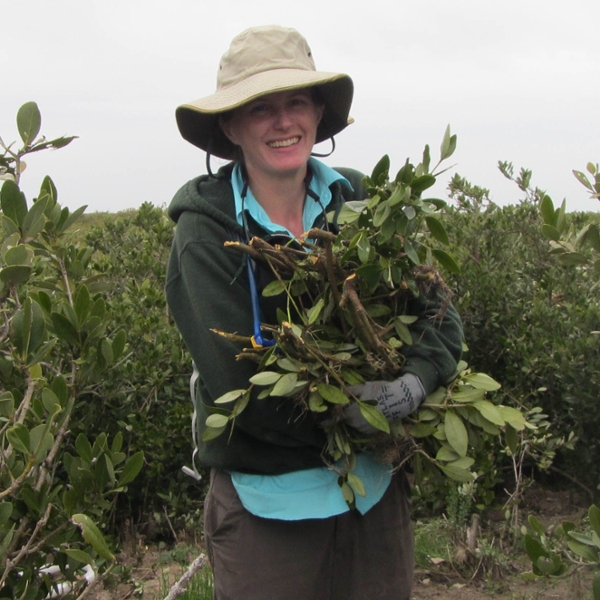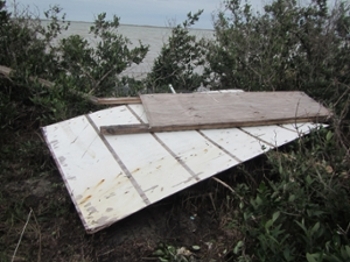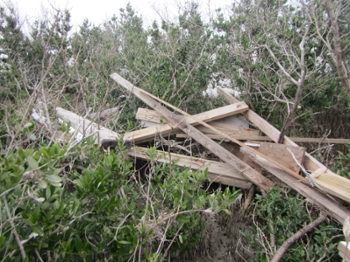National Academies' Gulf Research Program to Assist Texas A&M Galveston Researcher Studying the Impact of Hurricanes Harvey and Irma
April 18, 2018
Tweet
Dr. Anna Armitage, Associate Professor, Department of Marine Biology, Texas A&M University at Galveston, 409-740-4842, e-mail: armitaga@tamug.edu
By Bob Wright, Marketing and Communications
The Gulf Research Program (GRP) of the National Academies of Sciences, Engineering, and Medicine today announced 11 grant awards totaling $341,283 to assist in the recovery of Gulf Coast scientific research efforts impacted by hurricanes Harvey and Irma. These awards are the result of the first of two fast-track grant cycles for Scientific Research Disaster Recovery Grants announced last November to help with repair, replacement, or recovery of equipment, data, or other research materials damaged or lost as a result of the hurricanes and their aftermaths.
“Following last fall’s devastating hurricanes, the GRP examined what it could do to assist with recovery efforts that would align with its mission and allowable uses of its funding,” said Maggie Walser, director of education and capacity building for the GRP. “The result was these grant opportunities to help scientists whose research was impacted by Harvey and Irma recover from their losses and carry on with work that could eventually strengthen the Gulf region’s resiliency to hurricanes and other adverse events in the future.”
Texas A&M Galveston researcher Anna Armitage, whose research pertains to the GRP’s focus on enhancing human health, environmental resources and offshore energy safety in the Gulf of Mexico region was eligible to apply for grants of up to $50,000. Armitage is one of 11 awardees for the first cycle.
She will use the grant funds to remove Hurricane Harvey debris from a long-term coastal wetland research site near Port Aransas, Texas. “A substantial amount of large debris, including telephone poles and remains of piers, came to rest in our study plots,” said Armitage. “In order to rigorously and safely continue our coastal wetland ecology research, this debris needs to be removed.”
Other institutions that will be involved in this research are Texas A&M University-Corpus Christi, University of Texas, Montclair State University, University of Houston – Clear Lake, University of South Florida and Woods Hole Oceanographic Institution.
The awards for the second cycle of the GRP’s Scientific Research Disaster Recovery Grants are expected to be announced in late spring 2018 and are part of the portfolio of Gulf Research Program funding opportunities outlined at www.national-academies.org/gulf/grants.

Editor's Notes: Photos 1 and 2 are of debris left at the research site from Hurricane Harvey.
###
Media contact:wrightb@tamug.edu, 409.740.4840
